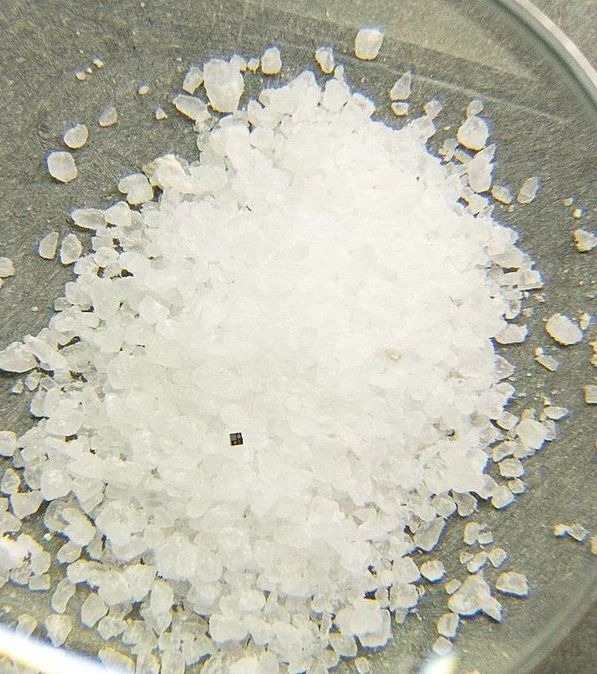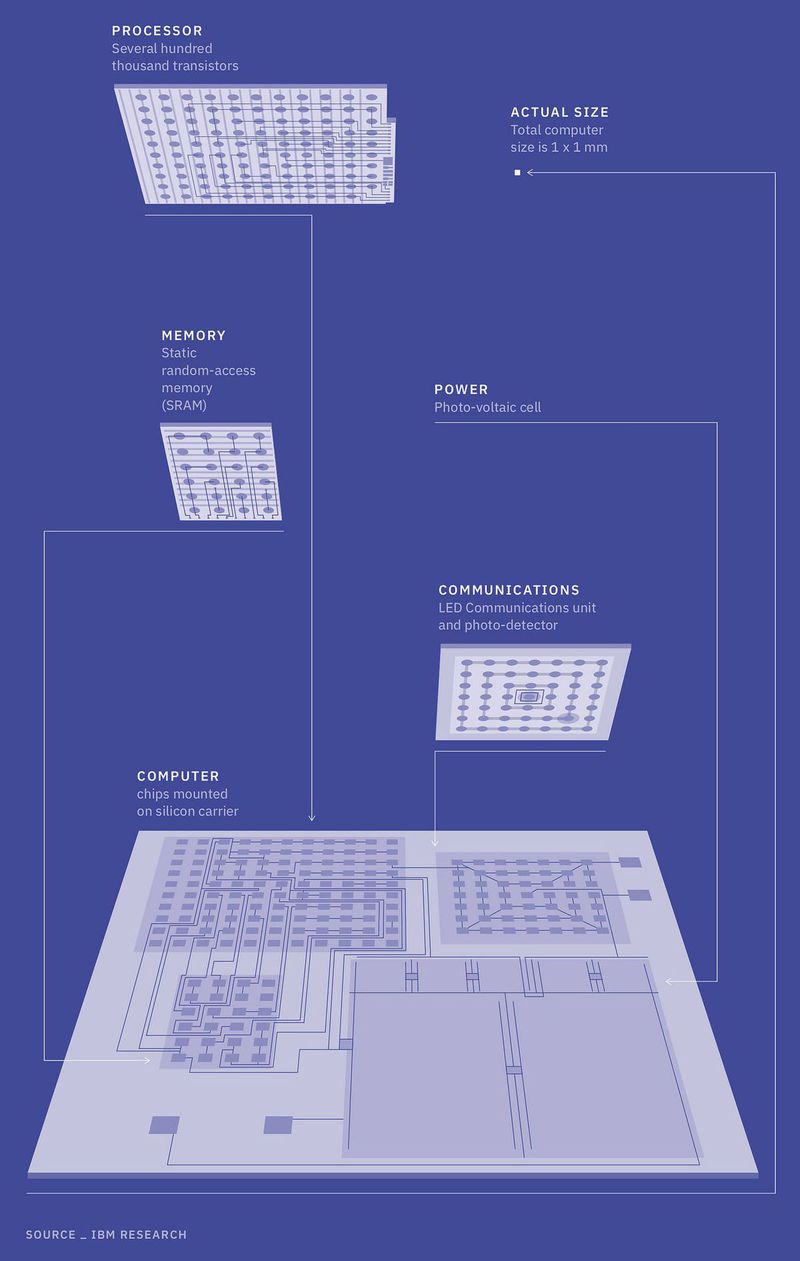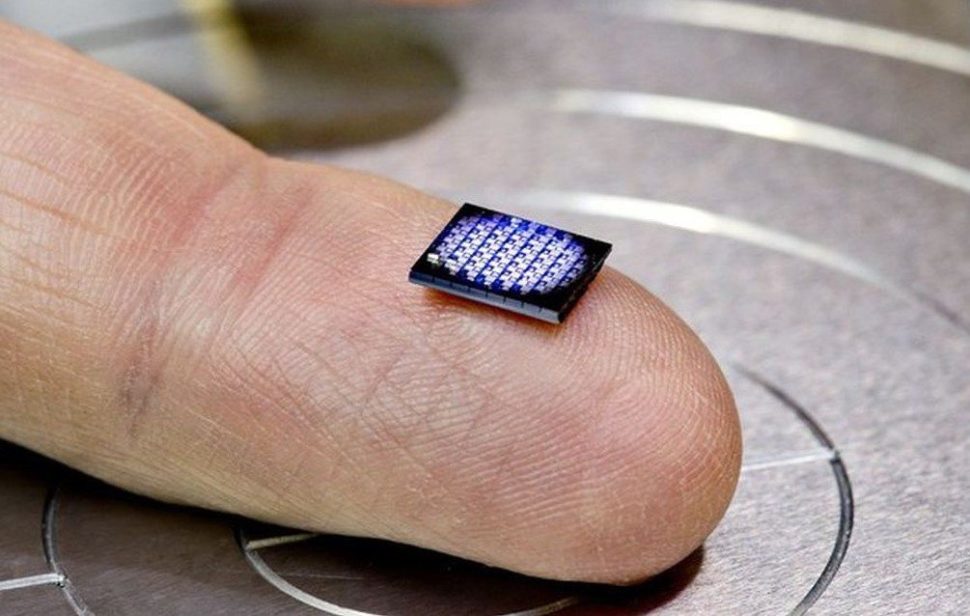IBM just unveiled the world’s smallest computer, and it certainly packs a punch.
IBM is not backing down in its efforts to dominate the world of computing. From supercomputers to quantum computers, the company’s goal is to be the most comprehensive computing experts in the industry.
Just as an example of the breadth of this goal, IBM’s latest computer requires ultra-sharp vision to be seen. It is the smallest computer in the world.
The device, which is said to be no bigger than a grain of salt, was presented by the company at its Think 2018 conference in Las Vegas, Nevada on Monday. The device reportedly measures 1mm by 1mm but is packed with the processing power of an x86 chip, which was commonly found in IBM’s 90s computers.
Despite its size, the tiny device, dubbed as a “crypto-anchor,” is said to be built as an anti-fraud computing device. It is equipped with memory, storage, a communication module, and a processor.

Smallest Computer to be Used Against Counterfeiters
In a blog post published by IBM, the company said that world’s smallest computer could be embedded in everyday objects and devices. It will also be used together with blockchain technology to fight counterfeiting. They wrote:
“Within the next five years, cryptographic anchors — such as ink dots or tiny computers smaller than a grain of salt — will be embedded in everyday objects and devices. They’ll be used in tandem with blockchain’s distributed ledger technology to ensure an object’s authenticity from its point of origin to when it reaches the hands of the customer.
These technologies pave the way for new solutions that tackle food safety, authenticity of manufactured components, genetically modified products, identification of counterfeit objects and provenance of luxury goods.”

IBM has not divulged further details about the device. However, its schematics show that it has a complete processor and up to a million transistors on a 1mm by 1mm board. It also has an SRAM memory and a photovoltaic cell for power, plus a communications unit that utilizes LED coupled with a photo-detector to communicate with the outside world.
Talking about crypto-anchors, IBM said:
“For example, crypto-anchors can be embedded into an edible shade of magnetic ink, which can be used to dye a malaria pill. The code could become active and visible from a drop of water letting a consumer know it is authentic and safe to consume.
Crypto-anchors are highly secure because they are embedded in the product and consist of cryptographic mechanisms that provide unclonable identification.”
The world’s smallest computer is still a prototype. However, IBM said that the first models of the crypto-anchor could be made commercially available in the next 18 months.
“within the next five years, advances in microfluidics, packaging platforms, cryptography, non-volatile memory, and design will take all of these systems from the lab to the marketplace,” IBM added.


















Comments (0)
Least Recent